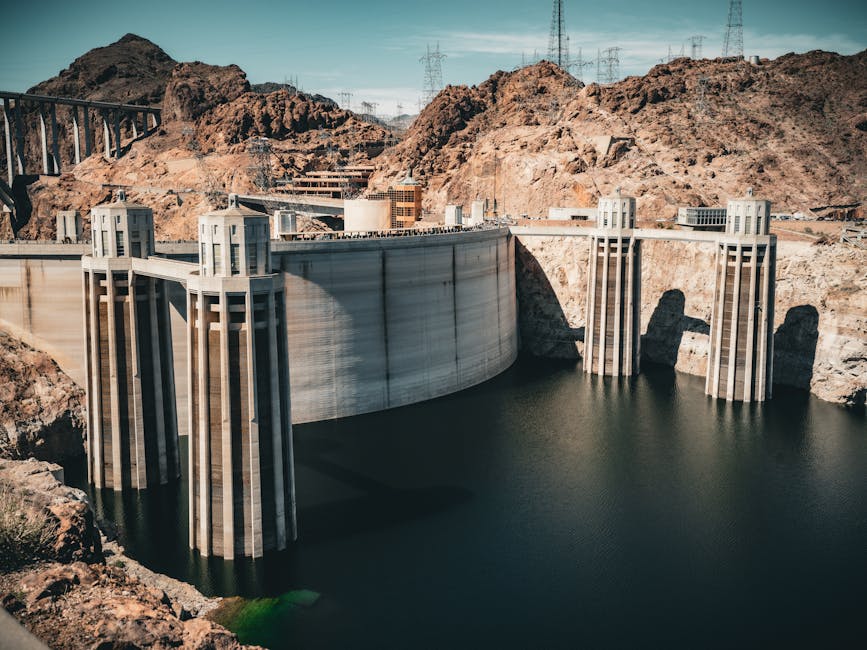In a striking example of consumer outrage, a guest at the Aria Resort in Las Vegas faced a steep $26 charge for a single bottle of water from the minibar. This incident, surfacing on June 8, has sparked a significant debate over hospitality practices in the city, known for its lavish entertainment and accommodations. With the story gaining traction on social media platforms, it’s clear that this is more than just a one-off event—it’s a symptom of a larger issue within the tourism industry.
A Closer Look at the Incident
The guest’s discovery of the $26 price tag for a 500 ml bottle of Eska water—ordinarily priced just over $2 at retailers like Walmart—highlights a disconnect between guest expectations and hotel policies. The lack of pricing transparency, coupled with the hotel staff’s overwhelmed response and the presence of leftover food in the fridge, suggests a potential decline in service quality. This incident has not only raised eyebrows but also questions about the broader implications for Las Vegas’s hospitality scene.
Public Outcry and the Call for Change
The reaction on social media platforms, particularly on X (formerly Twitter), where the story was shared by Las Vegas Locally to over 146K views, underscores the public’s frustration with what many see as predatory pricing. The outcry is a clear call for the hospitality industry to adopt more transparent and guest-friendly practices. This sentiment is echoed by industry experts who warn that incidents like these could tarnish Las Vegas’s reputation as a welcoming tourist destination.
“The outrage over the $26 minibar water bottle at Aria Resort is a stark reminder of the delicate balance between profitability and guest satisfaction. Las Vegas must navigate these waters carefully to maintain its allure in a competitive tourism market.” – Hospitality Industry Analyst
Expert Perspectives on the Broader Impact
According to Gary Leff, a voice from the industry, this incident is indicative of a deeper problem within the Las Vegas tourism sector. Unexpected costs and perceived exploitation could deter visitors at a time when the city is already facing challenges in attracting tourists. MGM Resorts International, Aria’s parent company, is criticized for deviating from fundamental hospitality principles, risking the city’s appeal amidst growing competition.
Key Insights from the $26 Water Bottle Incident
- Transparency and Fair Pricing: The need for clear communication about costs to prevent customer shock and dissatisfaction.
- Quality of Service: Ensuring high standards of service, including cleanliness and staff responsiveness, is crucial for guest satisfaction.
- Impact on Tourism: Incidents like these could negatively affect Las Vegas’s reputation and its attractiveness as a tourist destination.
FAQs: Understanding the Controversy
- What was the charge for the minibar water bottle at Aria Resort?
$26 for a 500 ml bottle of Eska water, highlighting a significant markup from standard retail prices.
- How did the public react?
The incident led to widespread outrage and criticism of Las Vegas hotels’ pricing strategies on social media.
- What implications does this have for Las Vegas tourism?
Experts suggest that such incidents could deter future visits and damage the city’s reputation as a welcoming destination.
- What solutions are critics proposing?
There is a call for more transparent and guest-friendly policies, including complimentary amenities, to enhance guest experiences.
Final Thoughts: A Call for Hospitality to Realign with Guest Expectations
The $26 minibar water bottle incident is more than just a story of sticker shock; it’s a wake-up call for the hospitality industry in Las Vegas and beyond. As the city vies to remain a top destination for global travelers, the balance between profitability and guest satisfaction has never been more crucial. The path forward requires a commitment to transparency, fairness, and excellence in service—a formula that ensures guests leave with positive memories, not grievances over unexpected charges. For those interested in the broader implications of such practices on the casino and hospitality industry, exploring the rewards programs like the one launched by The Strat Casino for Las Vegas locals might offer some insights into alternative customer engagement strategies.










Leave a Reply